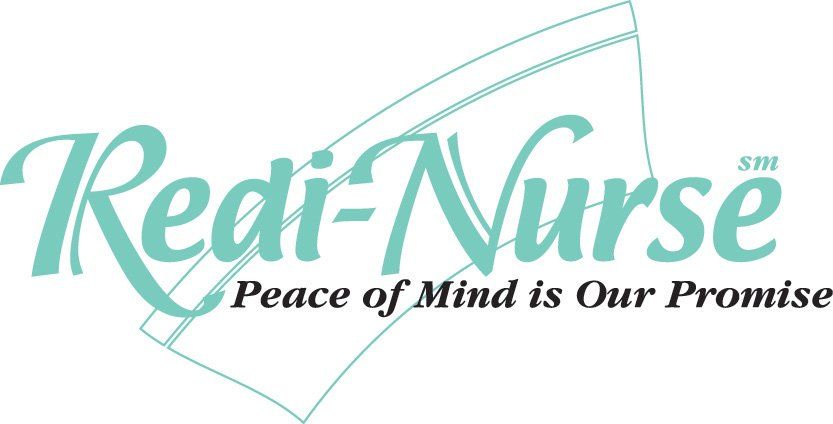Medicare Certified and Licensed by the State of Florida 21000096/20010096/20011096/21001095
Have Serious Health Issues? 5 Tips To Prepare for Natural Disasters
A natural disaster can happen to anyone at any time. Whether your local area is prone to a particular disaster—like Florida's recurring hurricanes—or not, preparation is one key to successfully managing and surviving whatever is thrown at you. But if your household includes a family member with serious mobility or health issues, preparedness is even more vital. To help you create a workable plan, use these tips for success.
1. Create a Support Network
Ideally, you would be able to call upon outside help—such as law enforcement and first responders—in the event of a natural disaster. However, don't count on this since it may not be an option.
Instead, form a personal support network you can draw upon closer to home and within family or friends. This may include everyone in the household, close neighbors, building security or caretakers, home care professionals, or members of your church. Use the expertise of those more experienced in helping others, especially with mobility problems, and give clear assignments to ensure everything gets done.
2. Have Backup Plans
The more needs you or your loved one has, the more backup plans you should create. Does the person need daily medication? Set aside at least a week's worth at home. Do they rely on devices that need electricity? Keep non-powered versions available if possible. Think about ways to provide a backup plan for everything needed to maintain life or evacuate.
Finding the right backup plans takes some effort, time, and creativity. Someone heavily reliant on electricity-powered devices like breathing machines may need to invest in a generator. But someone with special dietary restrictions should brainstorm a more detailed and larger supply of appropriate food and beverages at home or in their emergency bag.
3. Make Things Clear
Can you locate emergency supplies or the tools needed to escape without power or lights, in the middle of a storm, or during an emotional evacuation? What about everyone in the household? Can all household members help the person with special needs? Keep emergency supplies where they are easily accessed and label them clearly. Write down instructions for devices, such as how to connect an oxygen tank if the power fails.
4. Test Out Your Plans
Once your household devises an emergency plan, test it out by actually following it. Choose the most likely natural disaster in your area and pretend as a household that you are experiencing it.
It may feel somewhat silly, but lean into this test run. Involve your personal support network, even if you just phone or text them to make contact. Physically access emergency supplies, perhaps in the dark or relying only on yourself or a specific family member. Follow your evacuation plan as a group and individually. Note what works and what doesn't.
5. Reevaluate Plans Regularly
Everyone's personal and living situation changes over time. Don't let your emergency plans fall behind these changes.
Make a checklist of your emergency supplies and inspect them at least once per year. Replace perishable items like food, water, and medications annually. And do another test run of your plan on a regular basis, such as twice per year. Discuss what's changed in your health or living situation since the last test, and make changes accordingly.
Where Can You Learn More?
The experienced home caregiving team at A Visiting Redi Nurse can help you or your family craft a natural disaster preparedness plan that accommodates everyone's needs. We will work with you to identify both specific needs and find solutions you can enact whether you're stuck at home or fleeing it. Call today to make an appointment or speak with one of our trusted professionals.





